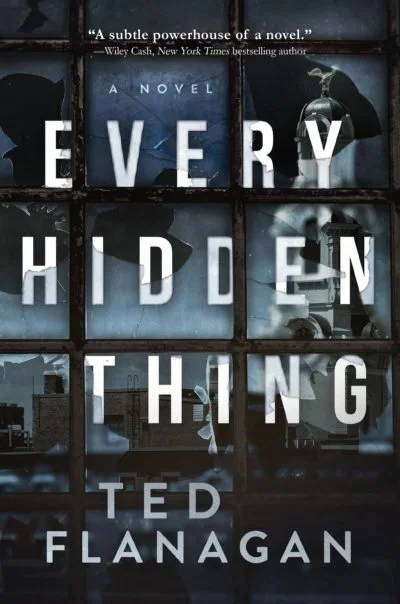My Writing Advice, Take It or Leave It

I wrote about writing, so that you don’t have to.
Reading about writing will make you feel like you actually wrote something. I’m grateful for even a false sense of accomplishment. And if you read enough, you’ll convince yourself that you know a thing or two more about writing than when you started. I’ve picked up a few things here and there in the last few weeks, so of course I’m ready to repackage these ideas with middling analysis and present them back to you to give you a false sense of accomplishment. From a smattering of sources, some of which aren’t about writing, some of which are actual things that someone wrote, just a few of which are about writing specifically, here is what I’ve learned. It may not make sense, in which case I’ll direct you to the next available writing guru of your choosing.
Use new terminology. Don’t rely upon well-trodden means of expression, unless doing so serves a particular purpose, like a cliche delivered with intention or awareness. Although sometimes I think I should use more cliches, because cliches at least directly address the shared human experience. So maybe scratch this advice. Use more cliches.
Write simply and clearly, as if in a second language. I stole this idea from Haruki Murakami, who in LitHub describes writing his first novel. A bit desperate to make progress in becoming a novelist -- an idea which occurred to him at a baseball game in about the same fashion that Ray Kinsella learned he’d be going to Minnesota to find Moonlight Graham -- Murakami “ decided to write the opening of my novel in English. Since I was willing to try anything, I figured, why not give that a shot?” As a result, “The language had to be simple, my ideas expressed in an easy-to-understand way, the descriptions stripped of all extraneous fat, the form made compact, and everything arranged to fit a container of limited size. The result was a rough, uncultivated kind of prose. As I struggled to express myself in that fashion, however, step by step, a distinctive rhythm began to take shape.” It’s worth reading the whole story. My takeaway is that writing in the voice in your head isn’t always the best tack. Try, instead, to write in a way that is best for developing a new rhythm that serves the writing rather than your own internal monologue.
What is the voice of your childhood? Donna Tartt wrote a fascinating appreciation of Charles Portis in the New York Times Book Review. What caught my attention, before she started in on interacting with the writer, was the way she described the voice in Portis’s True Grit. “...Portis caught better than any writer then alive the complex and highly inflected regional vernacular I heard spoken as a child.” I started to think: what are the voices that I heard as a child, that would resonate most deeply for me? Can I write in that voice? Would doing so sync up with my previous writing advice about writing simply and clearly, as if in a second language? How do you write in a second language in your very first language at the same time? I made a list of a few people who used that voice: my maternal grandfather as he described the Battle of the Bulge to me in the evening before he went to bed and I watched Nick at Nite until my eyeballs ached. My grandmother dealing out cards to play gin on her sky blue carpet with a view of the Spanish moss draped on oak trees at the edge of the golf course.
Entertain! If writing for others in an entertaining manner, really try to entertain. Hemingway threw off a number of us with some odd idea that being flat and monotone was the end goal. As an adult I’m better able to find the nuance between his sentences, but when you’re younger you can feel like the surface effect is the end game. Rather, prioritize twists and turns, inflection, point of view, mischief, contradiction, surprise. That’s rather the point, after all.




